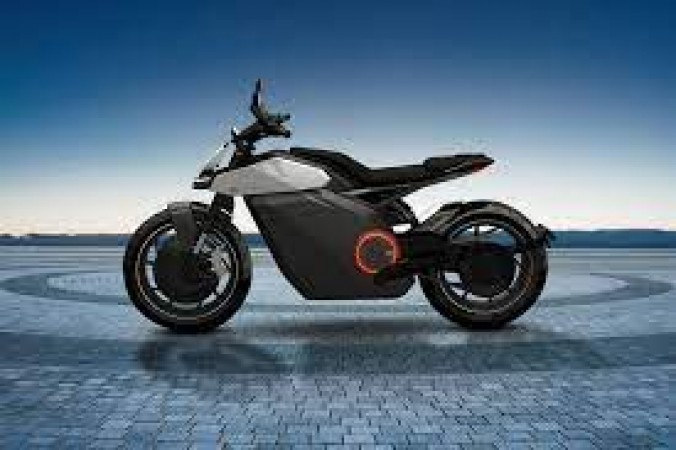
In a world that's increasingly turning towards sustainable solutions, the electric vehicle (EV) market is witnessing a surge in popularity. With rising fuel costs and growing environmental concerns, many are now considering electric alternatives for their commuting needs. One such option gaining traction is electric bikes, offering not just eco-friendly transportation but also cost savings in the long run. Let's delve into why switching to an electric bike might just be the smart move for you.
As the effects of climate change become more evident, there's a growing consensus on the need to reduce carbon emissions. Electric bikes present a cleaner mode of transportation compared to traditional petrol-powered vehicles, emitting zero tailpipe emissions during operation.
One of the primary reasons driving the shift towards electric bikes is the significant cost savings they offer over time. While the initial purchase price might be higher than a conventional bike, the lower maintenance and fuel costs of electric bikes make them more economical in the long term.
Many governments worldwide are incentivizing the adoption of electric vehicles through subsidies, tax credits, and other initiatives. These incentives can substantially lower the upfront cost of purchasing an electric bike, making it a financially attractive option for consumers.
Electric bikes provide a convenient mode of transportation for daily commutes, especially in urban areas with heavy traffic. With their ability to navigate through congested streets and narrow lanes, electric bikes offer a practical solution for commuting to work or running errands.
Advancements in battery technology have led to electric bikes with longer ranges and faster charging times. Modern electric bikes offer comparable performance to their petrol counterparts, with some models even surpassing them in terms of speed and acceleration.
To illustrate the cost-saving potential of electric bikes, let's consider a comparative analysis between petrol bikes and electric bikes.
While electric bikes typically have a higher upfront cost compared to petrol bikes, this initial investment is offset by lower operational expenses over time.
Electric bikes have minimal maintenance requirements compared to petrol bikes, eliminating the need for frequent servicing and expensive repairs. Additionally, the cost of electricity for charging an electric bike is significantly lower than the fuel costs associated with petrol bikes.
Let's examine a hypothetical scenario where an individual switches from a petrol bike to an electric bike.
Petrol Bike:
Electric Bike:
By comparing the cumulative costs over a certain period, typically five years, it becomes evident that the electric bike offers substantial savings compared to the petrol bike.
In conclusion, the transition from petrol bikes to electric bikes represents a significant step towards sustainability and cost-efficiency. With advancements in technology and supportive government policies, electric bikes are becoming increasingly accessible and affordable for consumers. By making the switch to an electric bike, not only can individuals contribute to reducing carbon emissions, but they can also enjoy long-term savings on transportation costs.
If you are defrauded through call, message or WhatsApp, then complain here
New way of smuggling gold ... Amul butter used
After all, on what matter did the father bring himself down with the children to death?